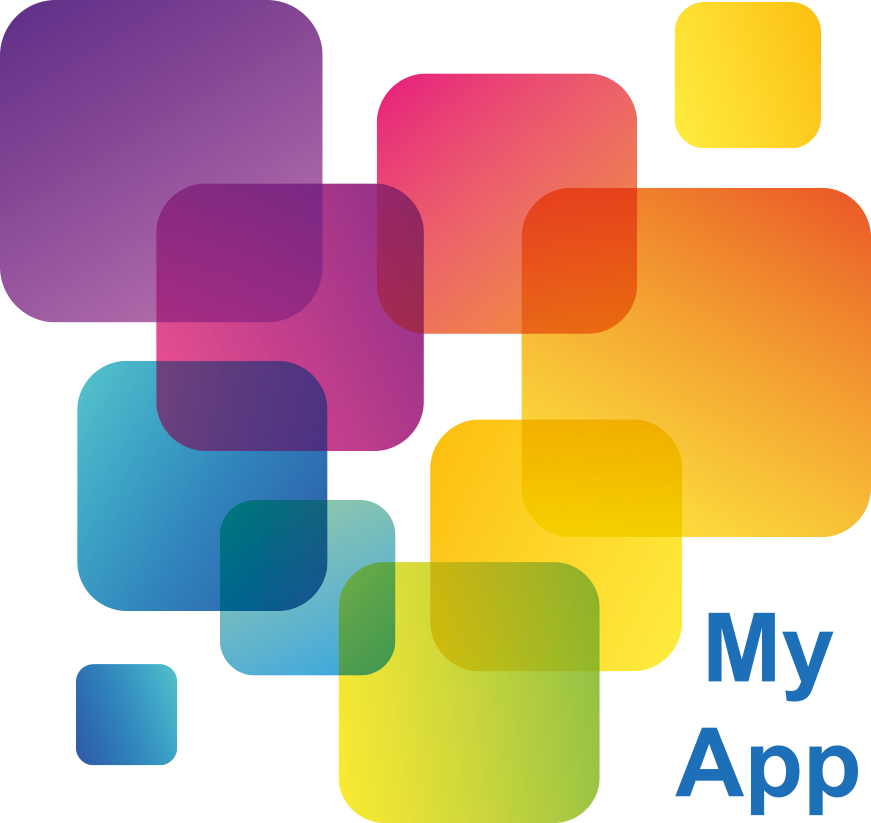UK’s eating disorder charity Beat website is full of resources including helplines, chatrooms, self-help, carer support and additional information on local ED services.
You might find it helpful to have a go-to list of ways to distract yourself from the urge to use eating disorder behaviours - Blast Distraction Techniques
SOLACE is a free, online support group offered by BEAT for anyone supporting someone with an eating disorder. There are 7 sessions per week that run at various times to suit all and each session is booked individually so carers/loved ones can attend regularly with the same group or as a one off.
Help and support for under represented populations - FEDUP | Fighting Eating Disorders in Underrepresented Populations: A Trans+ & Intersex Collective
Local Support - SupportED - The Community Eating Disorder Charity
SilverCloud is a website with courses you can do to improve your mental wellbeing. You can learn new ways to deal with the challenges you’re facing. It’s designed by clinical experts, and supported by the NHS and Scottish Government.
SilverCloud is:
- secure
- supportive
- free from stigma
- flexible so you can do a course at your own pace
SilverCloud is free, use the code Scotland2020 and an email address to sign up.
Get Support Now 
Some people find that talking with friends and family about their feelings can be a real source of support for coping with distress or suicidal thoughts. It might be helpful for them to map their support network and think about people they could call if their feeling suicidal. Other people may prefer to seek more professional support or call a helpline such as Breathing Space, Samaritans or Shout.
- Breathing Space: Call 0800 83 85 87
- Samaritans: Call 116 123
- SHOUT Crisis Text service also available 24/7 Text SHOUT to 85258
For some people they may be finding it difficult to cope and may think of ending their life, if you are concerned about your mental health and wellbeing, you can contact your G.P. within opening hours. If you feel you are in immediate danger, please call 999 for assistance.


